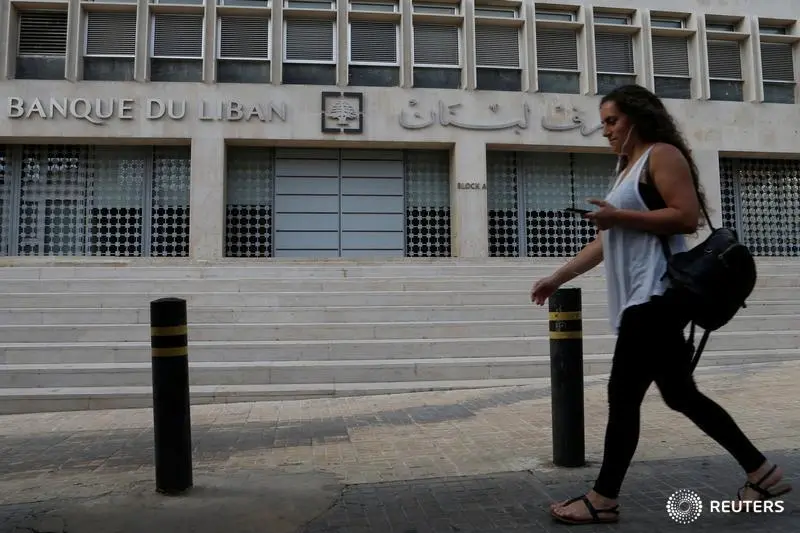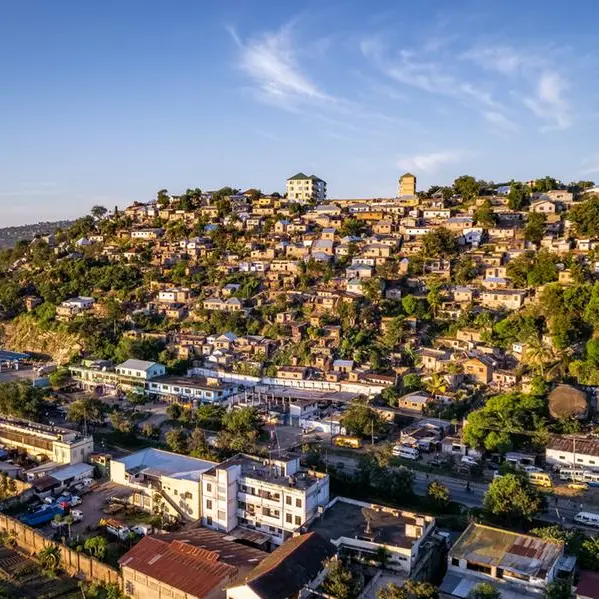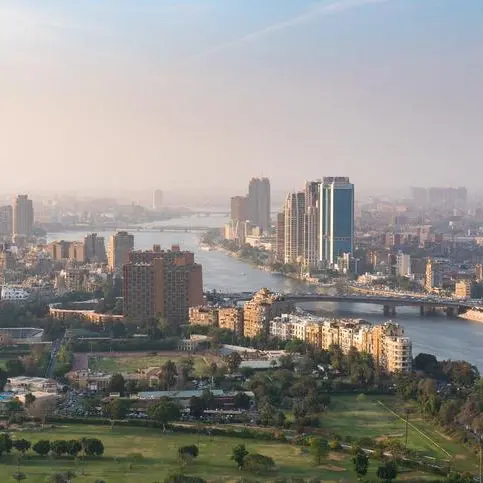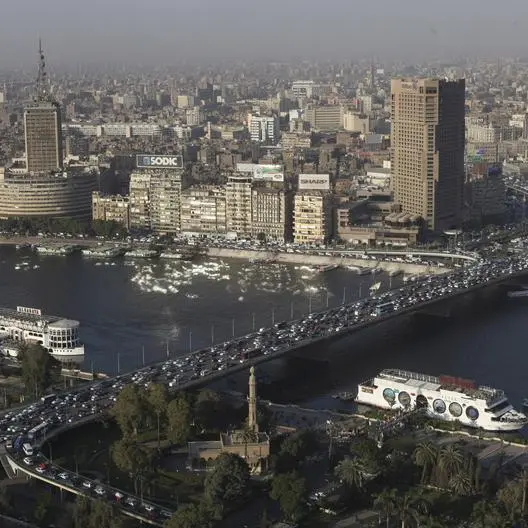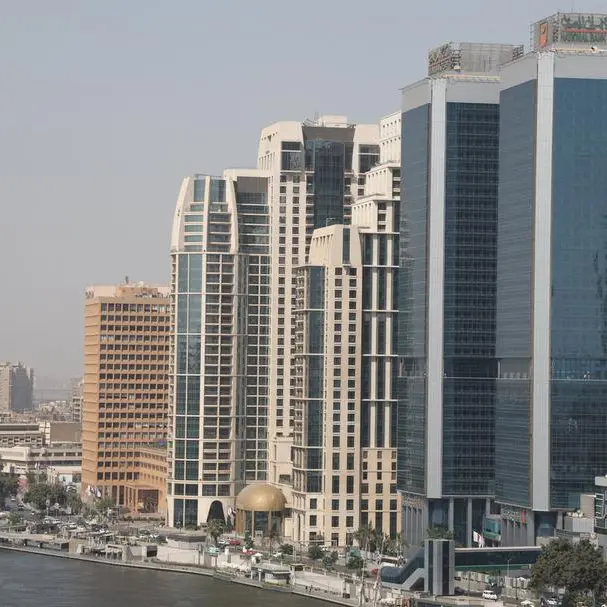PHOTO
BEIRUT: The governments inability to enact much needed reforms, not disagreements over the size of the Central Banks losses, is the main obstacle to reaching a bailout deal with the International Monetary Fund, MP Yassine Jaber said Tuesday.
The whole fuss about numbers is almost done, Jaber, who sits on Parliaments Finance and Budget Committee, told The Daily Star.
"There is no difference between Parliament and the government [on the size of the Central Bank's losses] ... The government and Central Bank are meeting today and I think we will have agreement. But the whole smokescreen about the figures is just to cover up the lack of reforms.
Talks between the IMF and Lebanese negotiators ground to a halt in early July after banking sector interest groups disputed the government's calculation of the size of the Central Banks losses and how to distribute them.
The IMF has repeatedly urged Lebanese stakeholders to find unity of purpose and band together around the governments economic rescue plan, warning Monday that "attempts to present lower losses and postpone difficult measures into the future would only increase the cost of the crisis by delaying the recovery.
Jaber said that Banque du Liban and the government were still discussing what to do with the losses on banks deposits at BDL.
BDL owes banks around $89 billion but only has around $50 billion assets, leaving a gap of around $39 billion to be accounted for, Lebanese economist Mike Azar showed in a presentation to members of the Finance and Budget Committee on July 6.
Jaber added that BDL is saying that not all of these deposits come into maturity immediately and so should not be written off. The government, meanwhile, is pushing for them to be considered as irretrievable losses.
Jaber said the ball is in the governments court to push through a crucial law to formalize controls on bank withdrawals and transfers abroad. He added that the draft law had not been modified since Parliaments general assembly sent it to the Finance and Budget Committee for further study in May.
The Finance Ministry said it would commission a lawyer to look at the law and raise proposals, as well as look at the IMFs comments, he said. Until now, nothing has happened.
He added that the committee was still waiting for key stakeholders, including the Finance Ministry and Central Bank, to send their written comments on the draft law, which is a prerequisite if Lebanon is to secure any of its requested $10 billion IMF bailout.
Asked how long it would take to finalize the critical piece of legislation, Jaber said: It depends on the government. MPs dont have the means to get lawyers and pay them. We are awaiting the comments of all concerned parties and I hope they can get moving on that.
Nafez Zouk, an emerging markets strategist at Oxford Economics, pushed back against the idea that any one sector was responsible for the delay in the long-awaited law.
Given the symbiosis between the political/ruling class and the banking sector, I don't think anyone is rushing to get this law passed, he said.
Jaber, an original proponent of the capital control law, denied reports that the law's backers were turning away from it, pointing out its importance for securing IMF assistance.
Myself and my colleagues are very keen on the program, he said. We need the money, the program is our key to open other doors of financing, and its the best tool to put pressure on the government for reforms.
We dont need [the capital control law] tomorrow morning, because they are still negotiating, but there is not going to be a program without this law.
Jabers remarks come a day after former Finance Ministry director-general Alain Bifani accused Lebanese bankers of smuggling as much as $6 billion out of Lebanon since October 2019, despite the presence of informal capital controls on bank deposits.
While depositors money is trapped in local banks, the Lebanese pound has lost as much as 80 percent of its value on the black market.
With little sign of an injection of dollars from external funders on the horizon, market volatility remains high and inflation has rocketed, reaching an annual rate of 470 percent, according to Johns Hopkins economics professor Steve Hanke.
Zouk said that more focus needed to be given to agreeing upon solutions to Lebanons economic collapse.
All those debates from a few months back that haven't been resolved thats the real smokescreen, he said, referencing officials attempts to hoodwink depositors into thinking that a haircut on their savings could be avoided. We cannot move on if these losses aren't accounted for.
He added that this means finding equitable and sustainable ways to share the burden of losses, rather than the privatization of state assets that banks have been pushing for.
These include bailing in bank shareholders, restructuring the banking sector by splitting good assets from bad, and merging banks or nationalizing others to ease their liability mismatches.
In the immediate term, Zouk agreed that officials need to push on with reforms and transparency measures, including forensic audits of BDL and the public sector.
The cost [of inaction on this front] is a delay in a realistic solution for a way out of these crises, which is through external funding with the IMF on board, he warned.
Copyright 2020, The Daily Star. All rights reserved. Provided by SyndiGate Media Inc. (Syndigate.info).
